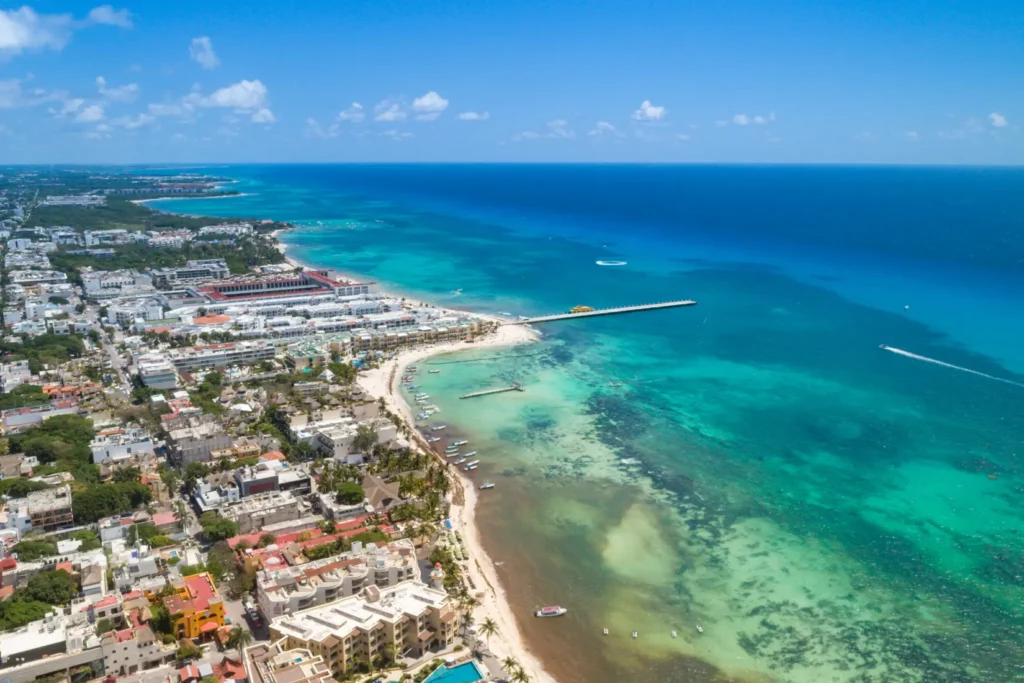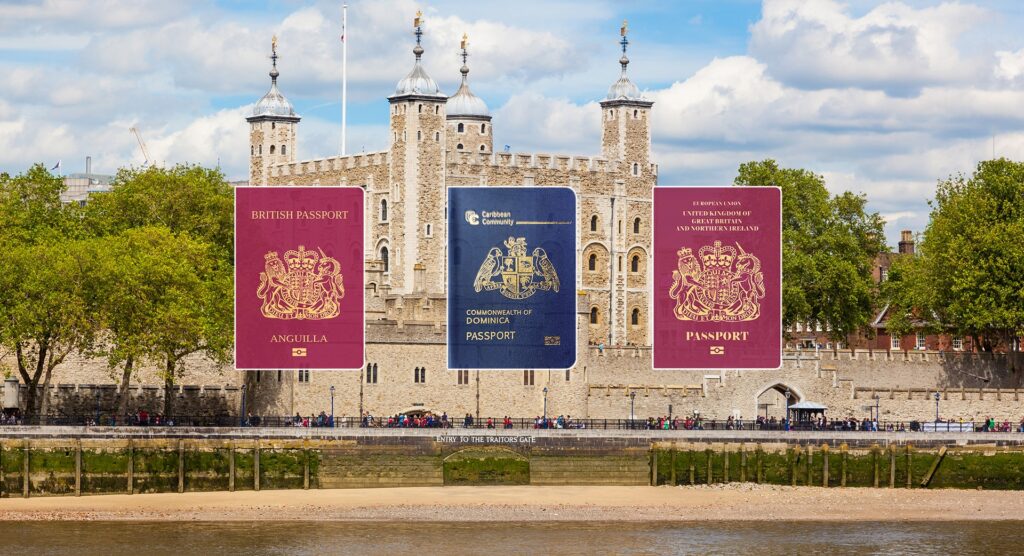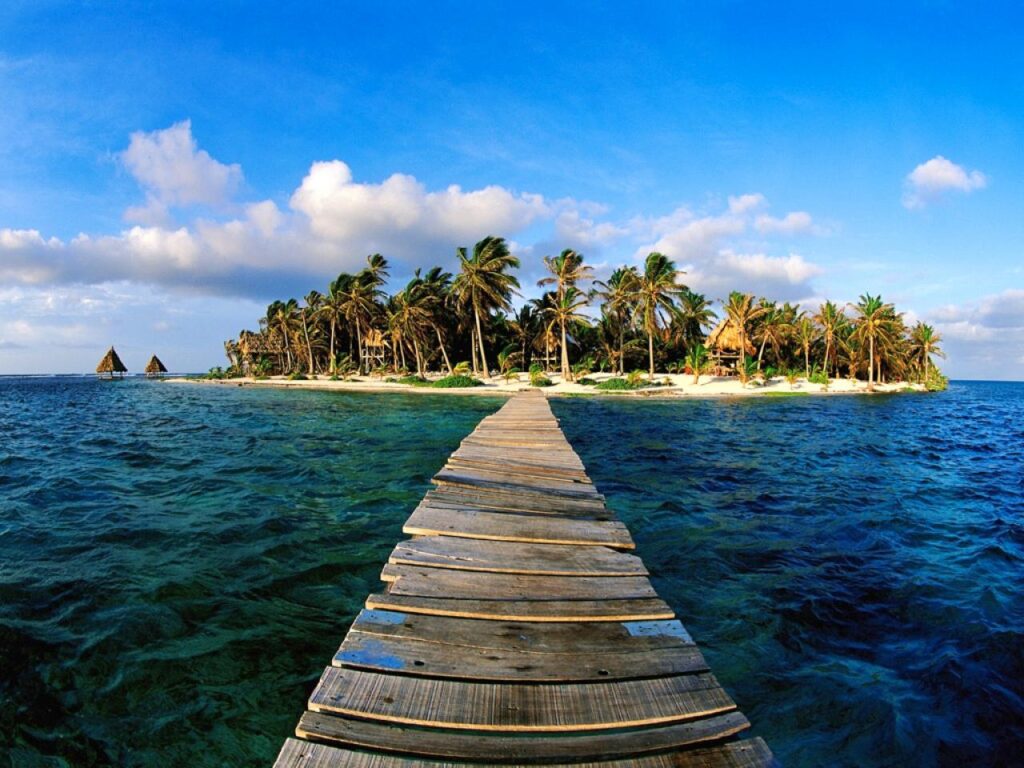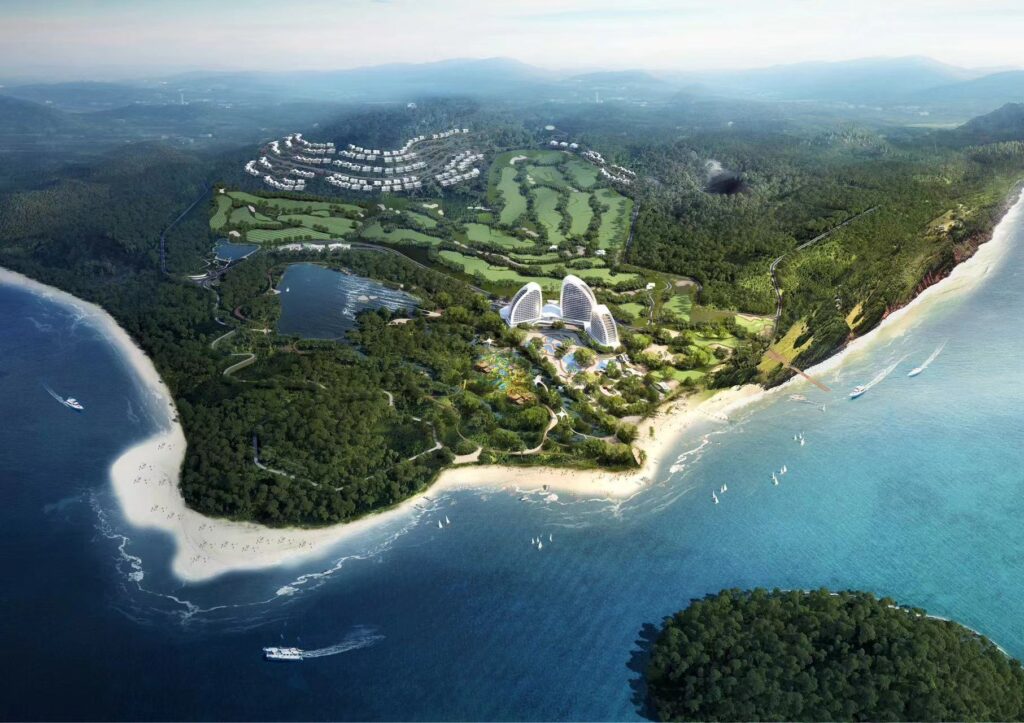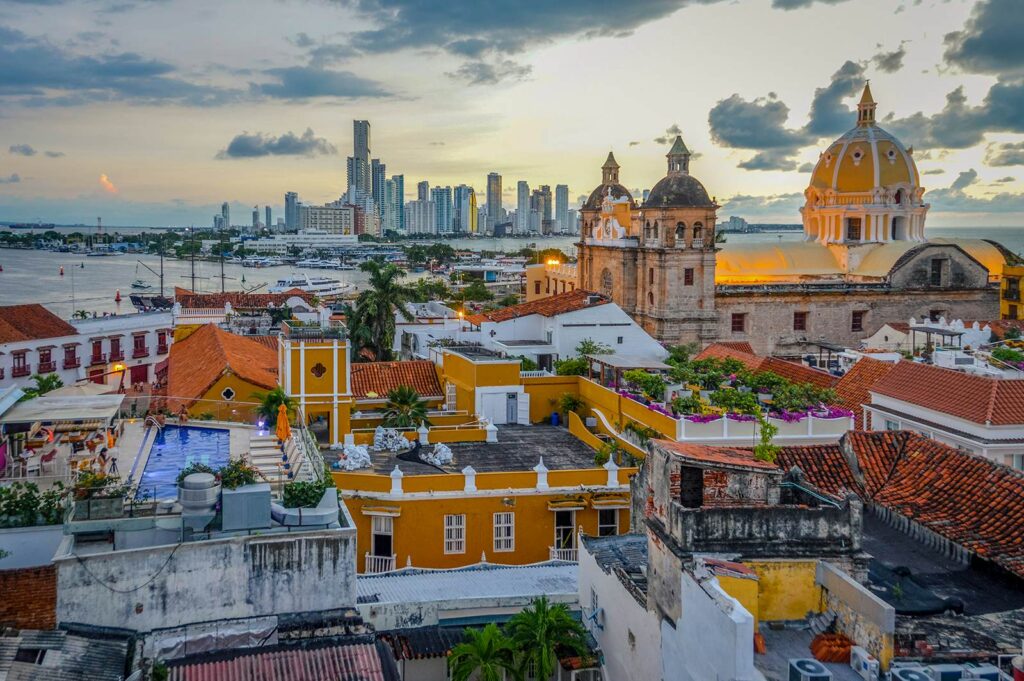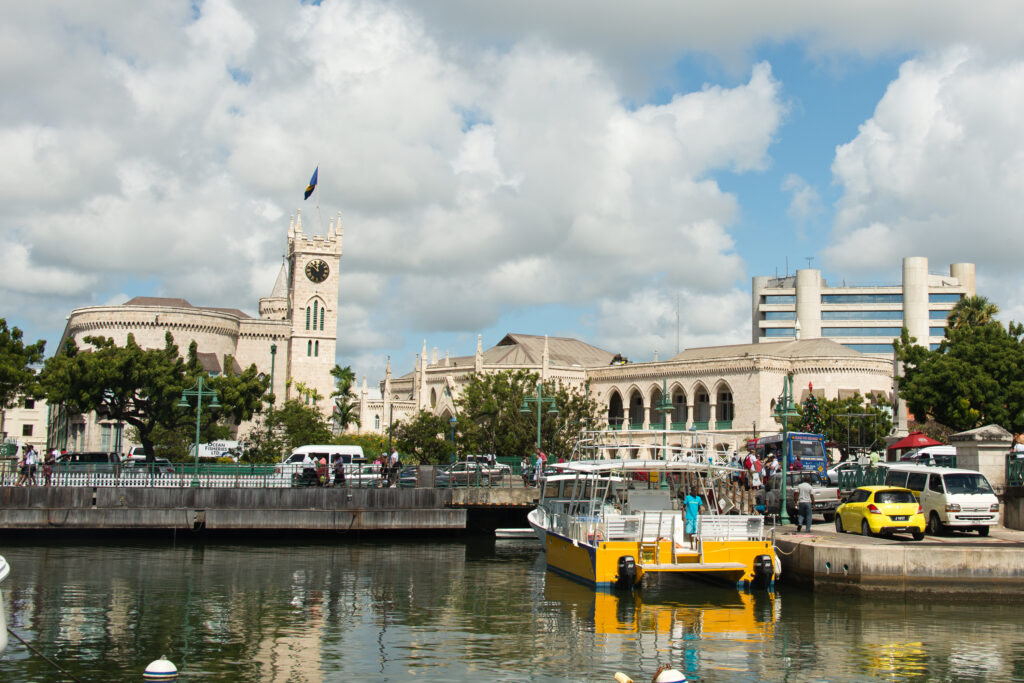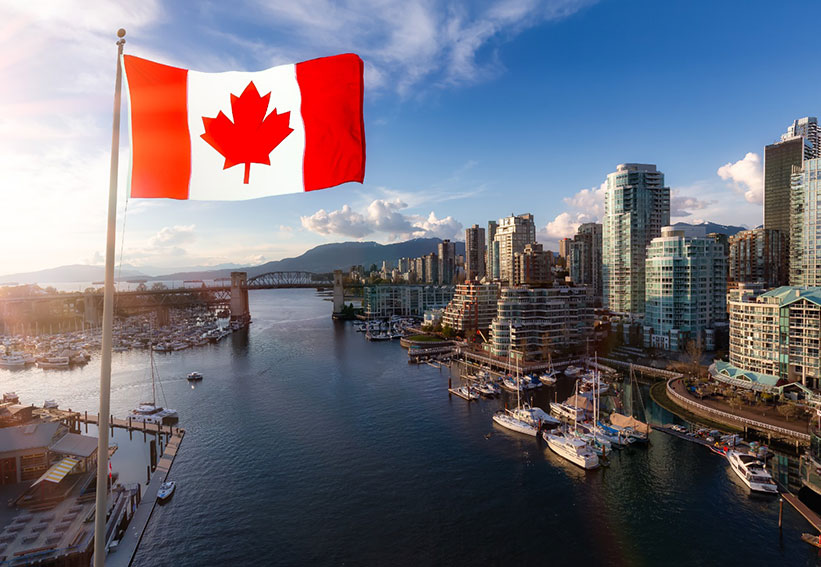Overview
The world of commercial real estate opens up new opportunities for entrepreneurs, investors, and property managers looking to scale their real estate portfolios. It’s a sector defined by properties aimed at generating income, from sleek office spaces to bustling retail outlets and expansive industrial sites. Unlike its residential cousin, commercial real estate is all about the bottom line: profit through rental income and capital gains.
But it’s not just about owning a piece of land or a building; it’s about understanding the nuances that make commercial real estate a unique and potentially lucrative investment. Whether you’re looking to expand your business footprint or exploring investment avenues, knowing the ins and outs of commercial properties is key. The commercial real estate landscape is diverse and ripe with potential for the savvy investor or business owner with a mix of office spaces, industrial complexes, multifamily rentals, and retail environments.
Understanding Commercial Real Estate
Engaging in commercial real estate offers a range of opportunities for generating income and capital appreciation. This section deep-dives into what commercial real estate encompasses and breaks down its varied types, laying the groundwork for informed decision-making, whether you’re considering occupancy or investment.
What is Commercial Real Estate?
Commercial real estate (CRE) refers to any property used explicitly for business activities, distinct from residential real estate used for living purposes. The primary allure of commercial real estate investing lies in its income-generating potential. Properties under this category are intended to offer workspace rather than living space, and they’re a stronghold for entrepreneurs, businesses, and investors aiming for rental income and capital gains.
A unique aspect of CRE is its capability to secure longer lease terms compared to residential real estate, providing a more stable and predictable income stream. From office buildings where the day-to-day operations of businesses unfold to industrial complexes that focus on manufacturing and logistics, commercial real estate is a broad field that caters to a myriad of business needs and investment strategies.
Types of Commercial Real Estate Properties
Delving deeper into the realm of commercial real estate reveals a diverse world of property types, each serving specific purposes and market segments. Here’s an overview:
- Office Space: These are spaces used for administrative, professional, or clerical work. Office properties could be downtown skyscrapers or suburban office parks and are often categorized by class (A, B, or C) based on their amenities, location, and age.
- Retail: Retail properties are locations intended for the sale of goods and services. This category includes shopping malls, strip malls, and standalone shops. They’re pivotal in providing a physical presence for consumer transactions.
- Industrial: This type includes warehouses, distribution centres, and manufacturing buildings. Industrial properties are essential for companies that need space for production, storage, and distribution of their products.
- Multifamily Rentals: Residential properties with more than four residential units are considered commercial real estate since they generate income for their owners. This includes apartment complexes, condos, and townhomes.
- Special Purpose: These are properties that serve specific sector needs, such as hotels, healthcare facilities, and educational buildings. Each has its unique set of requirements and investment considerations.
By understanding the various types of commercial real estate properties, you’re better positioned to identify opportunities that align with your business or investment objectives. Whether you’re attracted to the steady income potential of office spaces or the dynamic retail market, commercial real estate presents a plethora of avenues to explore.
Best Countries to Invest in Real Estate

Investing in commercial real estate can be a smart move when you’re looking to diversify your portfolio. Let’s explore the most popular countries where you can find promising opportunities for your investment.
The United States
The United States is often seen as the land of opportunity in commercial real estate investing. With a vast and diverse market, you’ll find a wide range of options from office buildings in bustling city centres to industrial complexes in growing logistics hubs. Major cities like New York, Los Angeles, and Chicago attract international investors due to their high rental yields and potential for capital appreciation. Moreover, the US market’s transparency and regulatory environment make it an attractive option for investors seeking stability and growth.
Canada
Canada’s stable economy and strong legal framework make it another top choice for luxury real estate investments. Cities like Toronto and Vancouver have seen significant growth in the commercial sector, driven by both domestic and international demand. Notably, the tech industry’s expansion has boosted demand for office space, while the country’s growing population supports the retail and residential sectors. Canada offers a blend of high-quality investment opportunities alongside a reputation for safety and sound legal protection.
The United Kingdom
Despite the uncertainties brought by Brexit, the United Kingdom remains a powerhouse in commercial real estate, especially in London. The city continues to be a global financial hub, offering prime office and retail spaces. Furthermore, the UK’s historical sites and robust tourism industry present unique investment opportunities in the hospitality and retail sectors. The legal environment here is investor-friendly, making it easier for foreign investors to own and lease properties.
Germany

Germany’s robust economy and strategic location in Europe make it a hotspot for commercial real estate investment. Cities like Berlin, Frankfurt, and Munich are known for their strong real estate markets, with a focus on both new developments and historic properties. The country’s industrial and logistics sectors are particularly appealing due to Germany’s role as a major European trade and manufacturing hub. Investors also appreciate Germany’s efficient bureaucracy and stable legal system.
Australia
With its growing population and economy, Australia offers a vibrant commercial real estate market. Sydney, Melbourne, and Brisbane are key cities where demand for office, retail, and industrial properties is on the rise. Australia’s strong regulatory framework and transparent market conditions provide a secure environment for investors. Plus, the country’s lifestyle and climate attract international businesses looking to establish a presence in the Asia-Pacific region.
Singapore
Singapore stands out in Asia for its ease of doing business, making it a prime location for commercial real estate investment. The city-state’s strategic position as a gateway to Southeast Asia, coupled with its advanced infrastructure, attracts multinational corporations seeking regional headquarters. Commercial properties in the Central Business District and Marina Bay area are particularly sought after. Singapore’s stable political climate and efficient legal system enhance its appeal to investors.
United Arab Emirates
The United Arab Emirates, particularly Dubai and Abu Dhabi, has emerged as a global hub for commerce, tourism, and finance. Its strategic location, world-class infrastructure, and favourable tax regime make it an attractive destination for commercial real estate investment. The UAE’s ambition to diversify away from oil has led to significant development in sectors like technology, finance, and tourism, driving demand for commercial properties. The country’s visionary leadership and investment in future technologies continue to draw investors from around the world.
Each of these countries offers unique opportunities and challenges in commercial real estate investing. Understanding the local market dynamics, regulatory environment, and economic factors is key to making informed investment decisions in these popular destinations.
Best Emerging Markets to Invest in Commercial Real Estate

As you delve into the world of commercial real estate investing, identifying strategic locations with promising returns is paramount. Emerging markets often offer unique opportunities for growth and profitability, outpacing more established territories. Here, we explore regions that are ripe for investment, focusing on South America, the Caribbean, and Southeast Asia.
South America
South America presents a dynamic landscape for commercial real estate investing, with countries such as Brazil, Colombia, and Chile leading the way. Brazil, as the largest economy in the region, offers substantial opportunities in both retail and office spaces, particularly in São Paulo and Rio de Janeiro. The country’s improving economic policies and a growing middle class make it an attractive market.
Colombia, known for its political stability and consistent economic growth, is another noteworthy destination. Bogotá, as the capital, is the epicentre for commercial investment, with Medellín also emerging as a vibrant hub for tech companies and startups, enhancing demand for office spaces.
Chile stands out for its strong governance and stable economy. Santiago, its capital, has seen a surge in commercial real estate development, driven by robust demand for modern office and retail spaces. The country’s commitment to fostering a business-friendly environment makes it a promising market for investors.
The Caribbean
The Caribbean is increasingly becoming a hotspot for commercial real estate investments, thanks to its growing tourism industry and the expansion of its financial services sector. The Bahamas and Barbados are particularly appealing, offering investor-friendly policies and high-quality commercial spaces.
In the Bahamas, Nassau is seeing a rise in demand for retail and office spaces, driven by the tourism sector’s recovery and the country’s status as a financial hub. Barbados, with its attractive tax incentives and strategic location, is luring businesses and investors, pushing the development of modern commercial properties.
Southeast Asia
Southeast Asia is a region not to be overlooked when considering commercial real estate investments. Countries like Malaysia, Vietnam, Thailand, and the Philippines are experiencing rapid economic growth, urbanisation, and an expanding middle class, creating fertile ground for commercial property development.
Malaysia is rapidly becoming a favoured destination for commercial real estate investment within Southeast Asia, thanks to its robust economic landscape and strategic position. The country’s capital, Kuala Lumpur, stands out as a vibrant commercial hub, offering significant opportunities in office spaces and retail complexes. Its developed infrastructure, stable political climate, and skilled, multilingual workforce further enhance Malaysia’s appeal, making it an attractive option for investors looking to tap into the region’s growth.
Vietnam is emerging as a manufacturing and export powerhouse, with Hanoi and Ho Chi Minh City at the forefront of attracting foreign investment. These cities are experiencing significant demand for industrial properties and office spaces.
Thailand, with Bangkok as its commercial heart, offers opportunities in retail and hospitality sectors, bolstered by the country’s strong tourism industry and growing e-commerce market.
The Philippines is witnessing a boom in its BPO (Business Process Outsourcing) industry, generating substantial demand for office spaces, especially in Manila. The country’s robust economic growth and large, English-speaking workforce make it an attractive market for commercial property investors.
By considering these emerging markets in South America, the Caribbean, and Southeast Asia, you’re opening the door to diverse investment opportunities in commercial real estate. Each region offers its unique advantages and challenges, but with thorough research and strategic planning, the potential for lucrative returns is significant.
Factors to Consider in Commercial Real Estate Investing
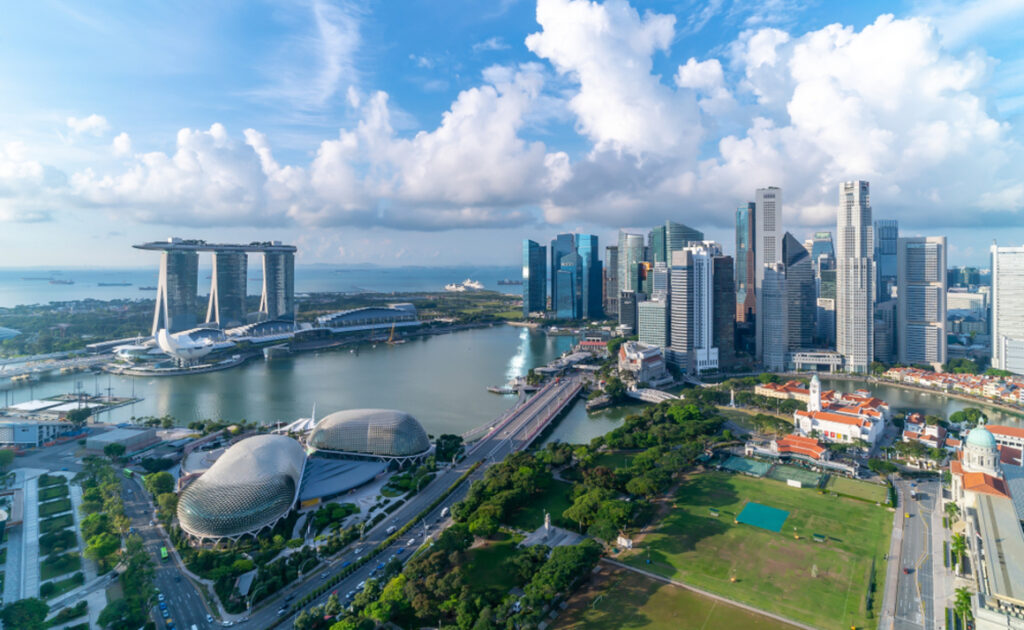
When diving into the world of commercial real estate investing, there are key factors you must consider ensuring your venture is as profitable and safe as possible. The potential for significant returns is enticing, but as with any investment, understanding the nuances can set you up for success.
Location
The mantra “location, location, location” holds especially true in commercial real estate. Your investment’s viability largely hinges on where it’s situated. Prime locations tend to attract a higher volume of foot traffic, which is crucial for retail spaces, or if your aim is to lease to businesses that depend on walk-in customers. Similarly, office spaces in well-connected, prestigious parts of town are more attractive to corporate tenants. Think about the long-term prospects of the area, too; is it on an upward trajectory, or is it at risk of declining in value? Your choice of location should align with the strategic goals of your investment.
Market Demand
Understanding current market demand is critical. Even the most ideally located property can falter if there’s no demand for it. Research the local market to grasp what kind of commercial spaces are in demand. Is there a surge in the need for warehouse spaces due to the rise of e-commerce? Or perhaps there’s a shortage of high-quality office spaces in the area? Market demand can fluctuate, driven by economic factors, trends, and other variables. Keeping an eye on these shifts can guide you in making an informed decision about when to buy or sell, and what type of property to invest in.
Financial Analysis
A thorough financial analysis is the backbone of successful commercial real estate investing. This goes beyond simply looking at the purchase price; you need to delve into potential returns, operating costs, interest rates, and expected growth in property value. Cash flow analysis is particularly crucial; you want to ensure your investment can produce steady income over time through rentals or leases. Look into the financial health of potential tenants as well—stable businesses mean stable rent payments. Additionally, consider the tax implications of your investment and any opportunities for depreciation or tax deductions.
Lease Terms and Conditions
The specifics of lease agreements can significantly impact the profitability of your commercial real estate investment. Commercial leases often run longer than residential ones—typically five to ten years—which can ensure sustained cash flow but also require a more considerable commitment from both parties. You’ll need to be savvy about the terms and conditions outlined in these contracts. Factors like rental rates, increase clauses, maintenance obligations, and exit conditions can all influence your investment’s success. Negotiating favourable terms that protect your interests while being attractive enough to sign quality tenants is a fine balance but critical for long-term success.
In commercial real estate investing, taking a holistic view and weighing these factors carefully can lead to informed decisions and, ultimately, fruitful investments.
Steps to Investing in Commercial Real Estate Internationally

Investing in international commercial real estate presents unique opportunities and challenges. The following steps will guide you through the process, ensuring your venture into the global market is as smooth and profitable as possible.
Choose the Right Jurisdiction
The first step in commercial real estate investing internationally is choosing the right jurisdiction. Not all markets offer the same opportunities or risks, and your choice could significantly impact your investment’s success. Consider each potential location’s political stability, economic growth, legal protections for investors, and tax implications. Researching and understanding these aspects ensures you select a jurisdiction that aligns with your investment strategy and risk tolerance.
Setting Investment Goals
Before diving deeper, setting clear, achievable investment goals is crucial. Are you seeking quick returns through property flipping, or are you more interested in long-term income through leasing? Your goals will influence not only the type of property you invest in but also the location. Different markets can offer varied prospects for growth, yield, and risk, which should match your investment objectives.
Building a Local Network
Successful commercial real estate investing abroad often hinges on your ability to build a robust local network. This network should include real estate agents, legal advisors, property managers, and possibly other investors. These contacts can provide invaluable insights into the local market, help identify promising investment opportunities, and assist in navigating the local legal and regulatory landscape. A strong local presence can also offer you a competitive edge in a foreign market.
Conducting Due Diligence
Conducting thorough due diligence is essential in international commercial real estate investing. This step involves assessing the physical condition of the property, understanding the local real estate market, evaluating the legal and regulatory environment, and scrutinizing the property’s financial performance. Due diligence helps mitigate risks and uncertainties, ensuring your investment decision is well-informed and based on solid evidence.
Securing Financing
Financing commercial real estate transactions internationally can be complex. Options include leveraging local financing, securing funding from international banks operating in your chosen jurisdiction, or using private funding sources. It’s important to compare terms, interest rates, and the feasibility of each option. Ensuring you have the right financing in place is crucial for the success of your investment.
Closing the Deal
The final step is to close the deal, which involves signing contracts, making payments, and transferring property titles under the guidance of your legal advisors. This phase might also require navigating foreign exchange transactions and understanding the impact of currency fluctuations on your investment. Ensuring all legal and financial details are meticulously managed to secure your investment successfully is essential.
By following these steps and leveraging local expertise, you can navigate the complexities of international commercial real estate investing and potentially unlock significant opportunities for growth and profitability.
Managing and Maximizing Returns on Commercial Real Estate Investments

Investing in commercial real estate can be a lucrative venture when managed effectively. To ensure you’re making the most out of your investment, it’s essential to prioritise property management, lease management, regular maintenance and upkeep, as well as timely renovations and improvements.
Property Management
The cornerstone of successful commercial real estate investing lies in adept property management. Whether you own an office building, retail space, or a multi-tenant industrial complex, ensuring the efficient operation of your property is crucial. Hiring a commercial real estate management firm can offer you the expertise to manage day-to-day operations, tenant relations, and financial management. This proactive approach not only helps in retaining high-quality tenants but also in maintaining your property’s value over time.
Lease Management
Lease management is another critical aspect that requires your attention. Understanding the details of each lease type—be it single net, double net, triple net, or gross lease—allows you to structure agreements that benefit both you and your tenants. Effective lease management involves negotiating terms that maximise your revenue while minimising vacancy rates and tenant turnover. Regular reviews and updates to lease agreements can also ensure your leases reflect current market conditions, keeping your investment competitive.
Regular Maintenance and Upkeep
To keep your commercial property appealing to current and prospective tenants, regular maintenance and upkeep is a necessity. This involves more than just addressing repair needs as they arise; it includes proactive inspection and maintenance to prevent issues before they become costly problems. Regular upkeep helps in extending the life of your property’s critical systems and structures, ensuring that your investment remains attractive and functional, which in turn can command higher lease rates.
Renovations and Improvements
Finally, strategic renovations and improvements can significantly enhance the value of your commercial real estate investment. Upgrading aesthetics or functionality makes your property more attractive to tenants and enables you to command higher rents. Consider market trends and tenant demands when planning renovations, focusing on improvements that offer the highest return on investment. Energy-efficient upgrades or modernising common areas are often well-received enhancements that can boost your property’s marketability and desirability.
By prioritising these aspects of commercial real estate management, you’re safeguarding your investment and positioning it for growth. Each of these steps contributes to a robust strategy aimed at maximising returns while ensuring the long-term success of your commercial real estate venture.
Does It Make Sense to Invest in Commercial Real Estate Internationally?

Deciding to invest in international commercial real estate can be an enticing prospect. The potential for diversification and yield is significant given the vast opportunities available across the globe, from bustling metropolitan markets in the United States and Europe to emerging economic hubs in Southeast Asia and South America. But, you’re probably asking yourself, does it make sense for you to invest internationally?
First off, diversification is a key term when considering international investments. By spreading your assets across different geographical locations, you’re tapping into new markets and mitigating risks. Think about it; when one market experiences a downturn, another might be thriving. This can balance your investment portfolio’s performance over time, potentially leading to steadier returns.
Another critical point to consider is the growth potential of emerging markets. Thanks to their rapidly growing economies and increasing urbanization, countries like Vietnam, Thailand, and the Philippines are quickly becoming hotspots for commercial real estate investment. Investing in these markets could offer high yields as demand for commercial spaces—whether for retail, office, or industrial purposes—surges.
However, investing in international commercial real estate isn’t without its challenges. You’ll need to navigate different regulatory environments and understand local market dynamics, which can vary significantly from one country to another. Plus, logistical considerations include currency exchange rates, international laws, and potential language barriers.
While the prospect of investing in international commercial real estate is fraught with complexities, it also offers a world of opportunity for growth, diversification, and potential high returns. Before taking the plunge, thorough research and possibly partnering with local experts could be key steps to ensure your investment moves are sound and profitable.
Conclusion

Venturing into commercial real estate offers many opportunities for both seasoned and aspiring investors. Whether you’re eyeing markets in the bustling cities of the United States and the United Kingdom or exploring the vibrant landscapes of Southeast Asia and South America, understanding the nuances of each location is key. It’s not just about picking a property; it’s about strategic investment, from choosing the right jurisdiction to mastering the art of property management. You’re setting the stage for a profitable venture with the right approach, including thorough research, building a local network, and focusing on efficient management. Remember, the global commercial real estate market is as diverse as it is dynamic. You can navigate its complexities and unlock its potential by staying informed and adaptable. So, take that step, leverage the insights you’ve gained, and embark on your journey to commercial real estate success.
Frequently Asked Question (FAQ)
1. How does investing in commercial real estate differ from residential real estate?
Investing in commercial real estate involves properties intended for business purposes, such as office spaces, retail outlets, and industrial complexes, while residential real estate is for living purposes. Commercial properties generate income primarily through rental payments and offer longer lease terms compared to residential properties. Additionally, commercial real estate investing often requires a deeper understanding of market dynamics, tenant relations, and property management strategies tailored to business needs.
2. What are the key factors to consider before investing in commercial real estate internationally?
Investing in commercial real estate internationally presents unique opportunities and challenges. Key factors to consider include the jurisdiction’s political stability, economic growth prospects, legal protections for investors, and tax implications. Setting clear investment goals, building a local network of experts, conducting thorough due diligence, securing appropriate financing, and navigating the complexities of closing deals are essential steps to ensure successful international investments.
3. How can investors maximize returns on their commercial real estate investments?
Maximizing returns on commercial real estate investments requires effective property management, lease management, regular maintenance, and strategic renovations. Hiring a reputable property management firm can ensure efficient operations and tenant relations. Lease agreements should be structured to maximize revenue while minimizing vacancy rates. Regular maintenance and proactive upkeep help preserve the property’s value and attractiveness to tenants. Strategic renovations and improvements can enhance marketability and command higher rents.
4. Does it make sense for investors to diversify their portfolios with international commercial real estate investments?
Diversifying investment portfolios with international commercial real estate can offer significant benefits, including access to new markets, the potential for higher yields, and risk mitigation. Investing in emerging markets can capitalize on rapid economic growth and urbanization trends. However, investors should know the challenges, such as navigating different regulatory environments and logistical complexities. Thorough research, partnering with local experts, and understanding market dynamics are essential for successful international investments.
Learn More
Offshore Freedom™ is a boutique coaching and consulting firm that helps investors and entrepreneurs live and invest internationally. We help our clients grow their businesses, pay less taxes, buy more real estate, and take advantage of global residency and citizenship by investment programs worldwide.
Schedule a 1 on 1 consultation with Dan Merriam, and let us help you design the life of your dreams and live the Offshore Freedom™ lifestyle. Ask questions and get answers about international real estate, tax planning, offshore banking, second residencies, citizenship by investment, lifestyle design and more.
This article is for informational purposes only; it should not be considered financial, tax planning, investment or legal advice. Consult a certified financial or investment professional in your jurisdiction of interest before making any major financial or investment decisions.
Writer in Tax Reduction, International Tax Planning, Travel, Citizenship by Investment, The Caribbean, Commercial Real Estate, CBRE, Colliers, Singapore, London, New York, Toronto, Canada, USA, Second Residence, Real Estate Investing, Asset Management, Lifestyle Planning, Countries with the Lowest Taxes, Company Formation, Offshore Banking, Asset Protection, Technology, Entrepreneurship



